‘Investment can’t turn a country like Niger into Switzerland’
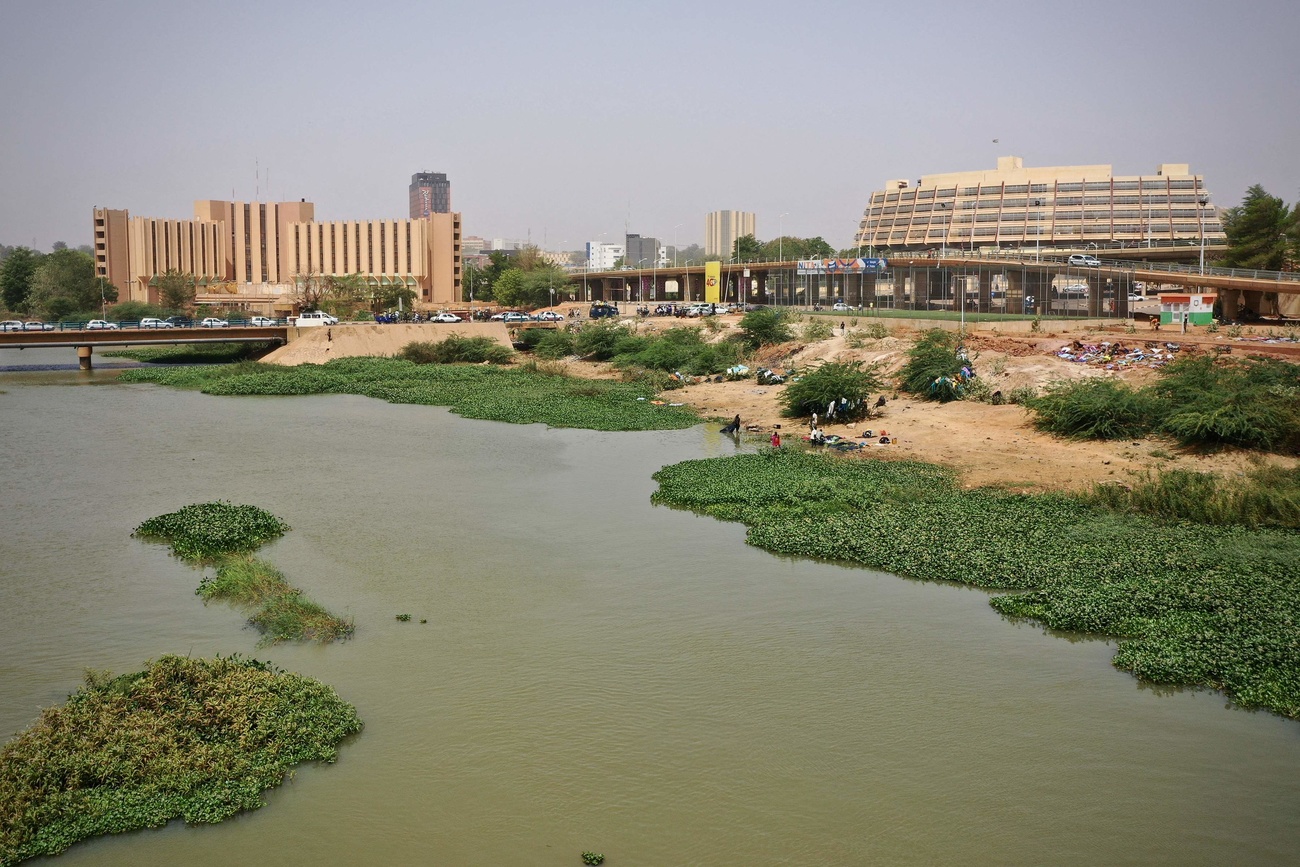
Development aid can involve Nestlé, free trade and thinking about how to add value, according to Philippe Schneuwly. In an interview, the new CEO of the NGO Swisscontact discusses capital, markets and investment, where other aid organisations might choose to talk about water sources and droughts.
SwisscontactExternal link is an alternative kind of NGO. While other Swiss charities protest loudly about partnerships with the private sector and are in general rather critical of business, Swisscontact, a foundation that is close to business, engages in exactly this kind of project.
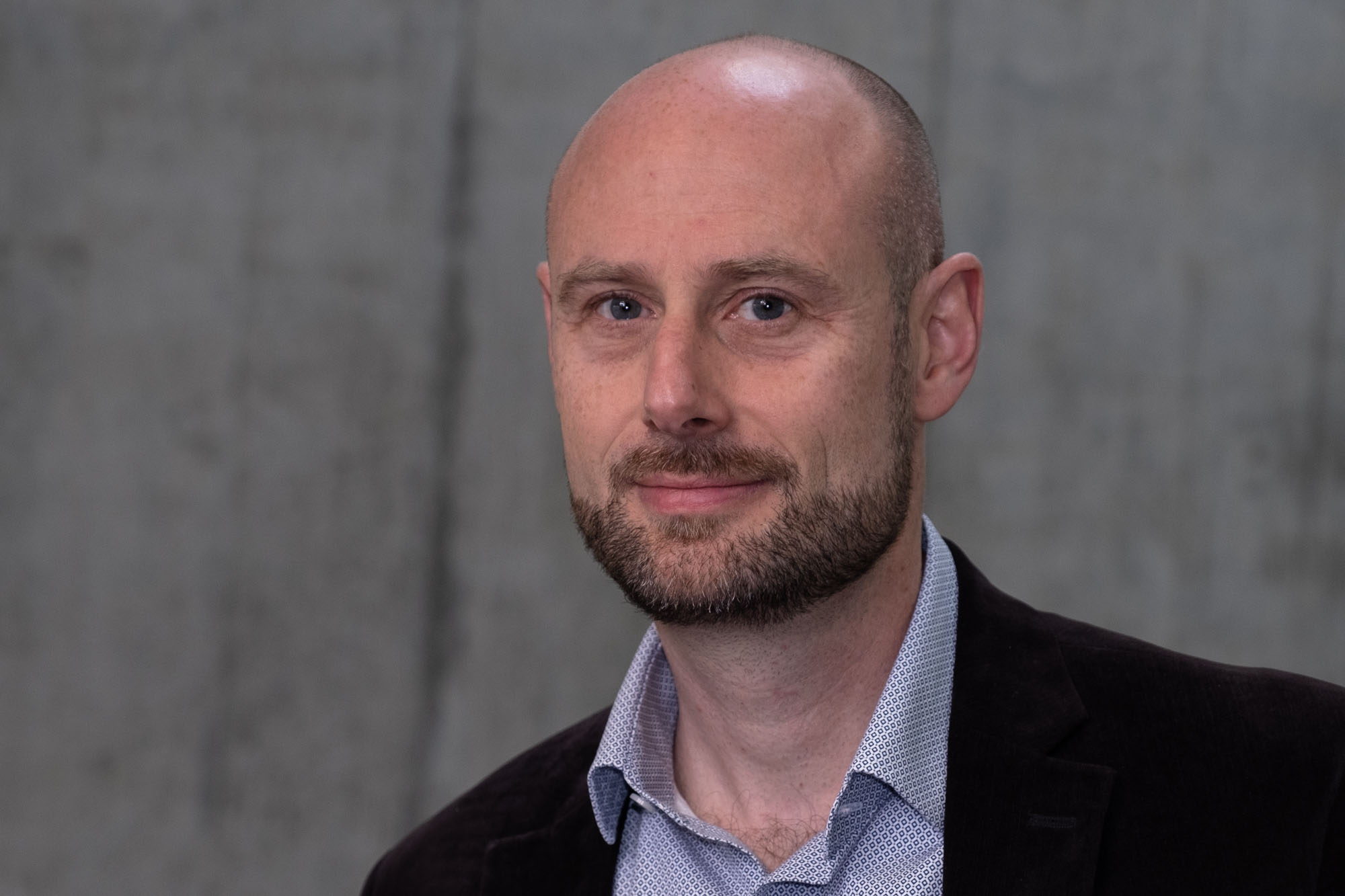
SWI swissinfo.ch: What annoys you about the current debate on development aid?
Philippe Schneuwly: Recently there has been a lot of debate about whether development cooperation is necessary at all, because with “impact investing” you can support local business. So you invest in a company not just to make profits, but also because the company has a positive impact in the Global South – for example, it creates jobs or solves environmental problems.
This is a big discussion because there is a lot of available money in search of sustainable investments. The funds in question exceed public development aid by a factor of 100, or even more. So the question arose of whether development aid is necessary at all anymore, or whether this money wouldn’t be better funnelled into local initiatives that can bring about economic transformation and development rather than into development aid, which in any case is an outdated model.
Some people have the feeling that investment could really transform a country like Niger into one like Switzerland. But no one invests in Niger because the framework is not there.
SWI: And because it’s too risky?
P.S.: Yes, much too risky! But because so much money is available, everyone has the feeling that they should tap into it. People have not understood that development cooperation should fill in the gaps until investors can appear on the scene. The notion of companies springing up in a developing country as they do in Silicon Valley is completely absurd. That is not going to happen.
Swisscontact is a leading organisation for the implementation of international development projects. The independent, charitable foundation was founded in 1959 by Swiss businesspeople and academics.
The foundation has an annual budget of around CHF100 million ($109 million). Unlike other aid organisations, it doesn’t do any public fund-raising but finances itself through its projects.
SWI: Swisscontact supports entrepreneurship. Does it make more sense to invest in local business than to give handouts?
P.S.: The decisive question is whether entrepreneurs can be as successful in a country like Niger as in Switzerland. The answer is no – they face hurdles that don’t exist in Switzerland.
These hurdles are on different levels: access to capital, to knowledge and networks, and to international markets. The task is to dismantle these hurdles. We don’t give handouts – instead we try to influence the system to empower the local population.
SWI: This sounds like a convincing approach in emerging markets and politically stable developing countries. But what about countries where the law is constantly changing because of regime changes, or which are fragile because of war? Swisscontact is consciously not active in these countries, correct?
P.S.: No, that’s not true. We are very much active in these countries – in the Sahel region for example, in Niger, Chad, Mali, Burkina Faso and in many countries with a challenging environment on other continents.
As far as aid goes in these countries, we have to be more modest. And it gets closer to humanitarian aid. Humanitarian aid is by definition charity handouts that ensure people can survive.
If we have a project in Niger, then we can’t build up enterprises that could enable people to achieve a standard of living like Switzerland’s – the conditions for that would be absent. So we have to make concessions. But that doesn’t mean abandoning the principle of “helping others to help themselves”.
SWI: Many NGOs in the aid sector are very critical of free trade. Is free trade an advantage or disadvantage from the perspective of small businesses in the Global South?
P.S.: It depends on the trade deal. For Indonesian palm-oil producers, the free-trade agreement with Switzerland is advantageous – they can now export under better conditions. For other sectors, however, there is a danger that cheap imports will compete with their own products.
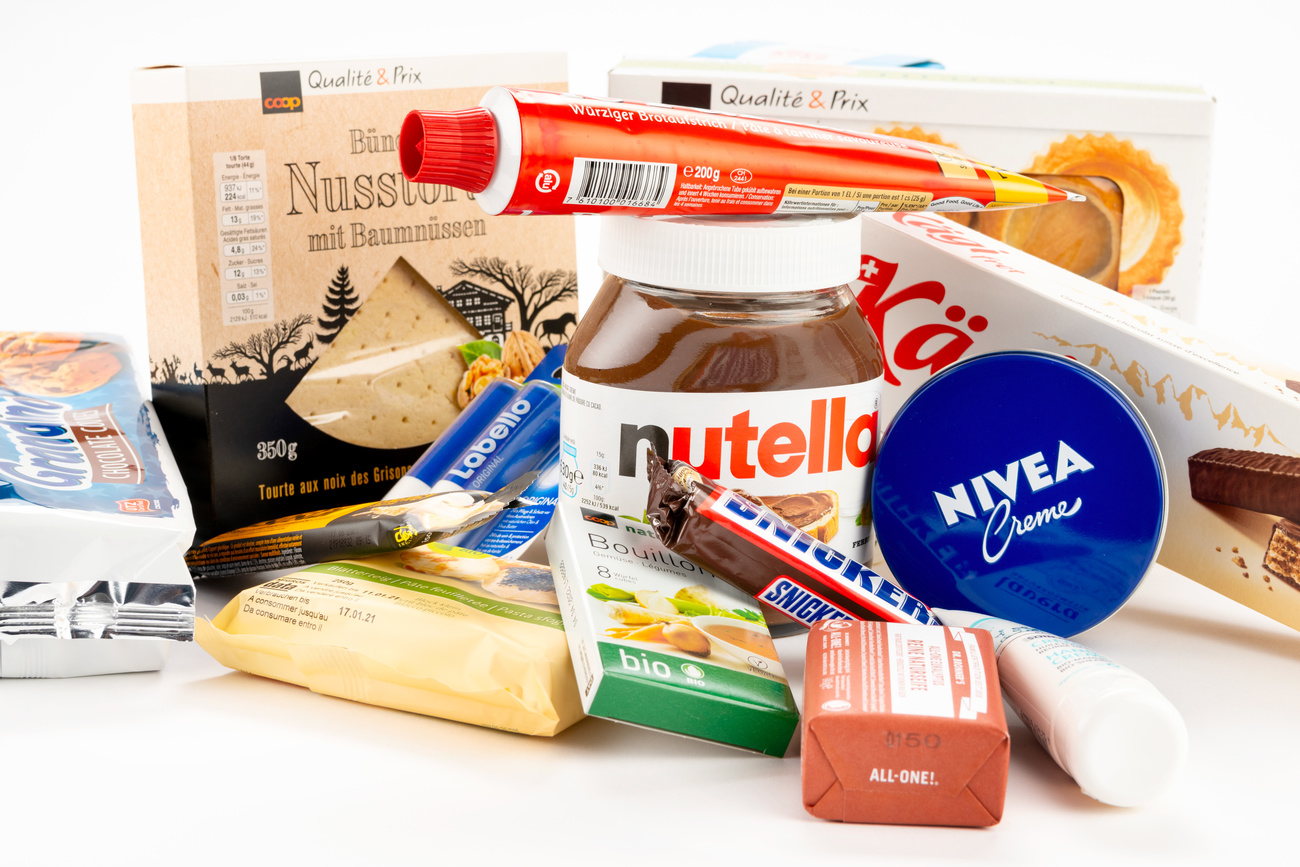
As an example, if Europe gives enormous subsidies to its fishing or agricultural industries and then liberalises the movement of these products for both sides with free-trade agreements, then some companies in poorer countries are no longer competitive, because they don’t receive subsidies or they are less productive than their European rivals.
An important issue is the question of how quickly this liberalisation via free-trade agreements takes place. If it happens too quickly, then companies are deprived of the chance to adapt. I believe – and this is my personal opinion now – that a free-trade agreement must take into account the different stages of development of the countries involved. That way, both sides are offered new opportunities. Otherwise, it can lead to a disproportionate advantage for one country over the other.
On top of this, if Europe concludes trade agreements with a growing number of countries in the Global South, the price advantage for local producers is increasingly eroded. Then the question arises of who benefits? Is it just consumers in Europe, or does the producer also gain?
Economic theory is clear on this: competition leads to price reductions, so consumers profit. So in order for free-trade agreements to become an instrument of development, they need to be used strategically and benefit the export of products and services that offer development perspectives to the country of production. In the case of the free-trade agreement between Switzerland and Indonesia, for example, this could be achieved by favouring sustainably produced palm oil over that produced in the conventional way. It is important to include development cooperation in negotiations on deals with developing countries.
SWI: Swisscontact brought milk farmers in Morocco together with Nestlé. How do you negotiate cooperations that bring benefits for a country’s development?
P.S.: By introducing small producers into a value-added chain. You should concentrate on sectors where exports give local producers a chance of selling at higher prices or in larger quantities. You have to enable local farmers to deliver their produce to an exporter or directly to an importer abroad, and they need support for that.
SWI: So big firms like Nestlé wouldn’t work with small local producers if Swisscontact didn’t help the latter to fulfil their requirements?
P.S.: It could be the case that a company like Nestlé would only buy from large farmers because smallholders present too much of a risk in terms of the quality and punctuality of deliveries. Or it could be the case that they do buy from small farmers, but pay low prices. As soon as smallholders can offer good quality and reliability, they can ask for higher prices. If smallholders work together, they can absolutely win market power.
SWI: What do you say to criticism that in such public-private partnerships much of the money goes to big companies which don’t need the support?
P.S.: Is that a problem if the local population profits at the same time? If there is a win-win situation, then I think it’s OK, as long as there are no subsidies for things that the private sector would have done anyway.
We have implemented some big projects in the Indonesian cocoa sector that big companies such as Nestlé, Mondelez, Mars and Barry Callebaut have co-financed. It is a question of negotiating the share financed by the public sector and the share funded by the private sector. Because we don’t know how it is going to turn out, it can be the case that the public sector pays too much – but it can also be the case that the companies pay too much. Above all, the question should be: what is the benefit for those for whom the project is intended?
(Translated from German by Catherine Hickley)

More
NoWhiteSaviors: Is ‘white aid’ colonialist?

In compliance with the JTI standards
More: SWI swissinfo.ch certified by the Journalism Trust Initiative










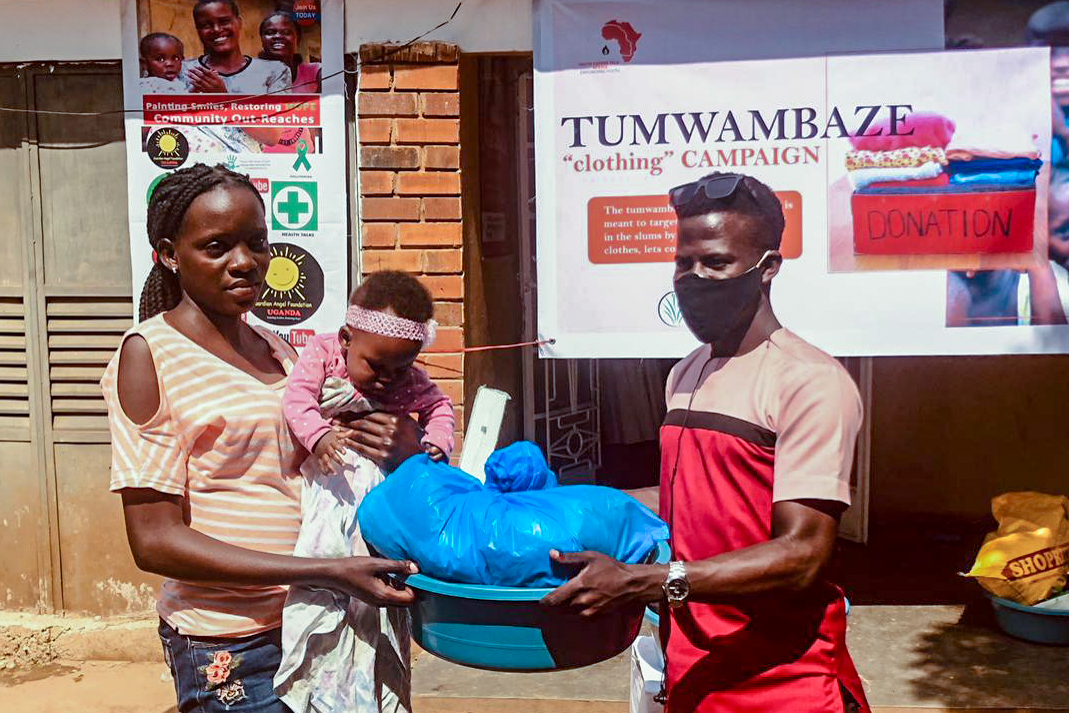
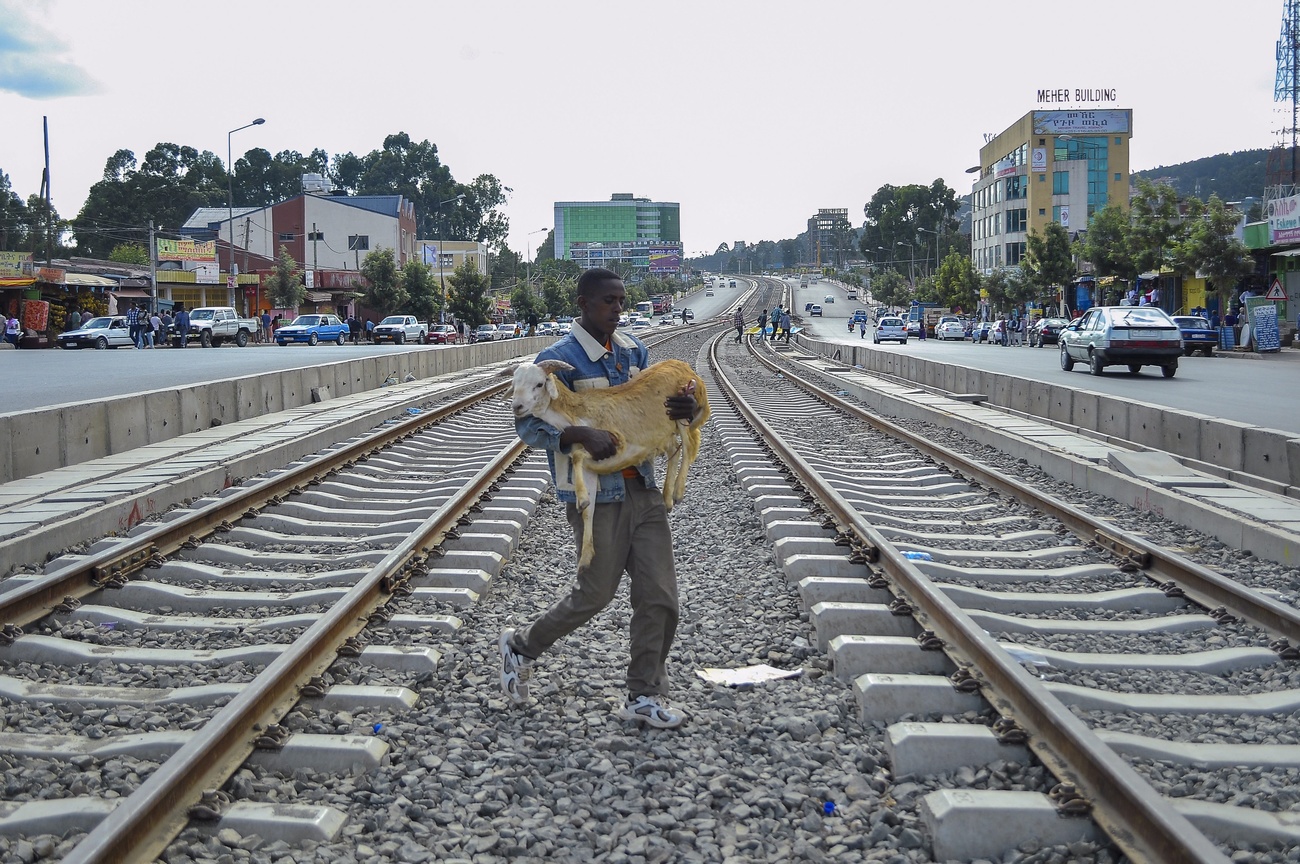

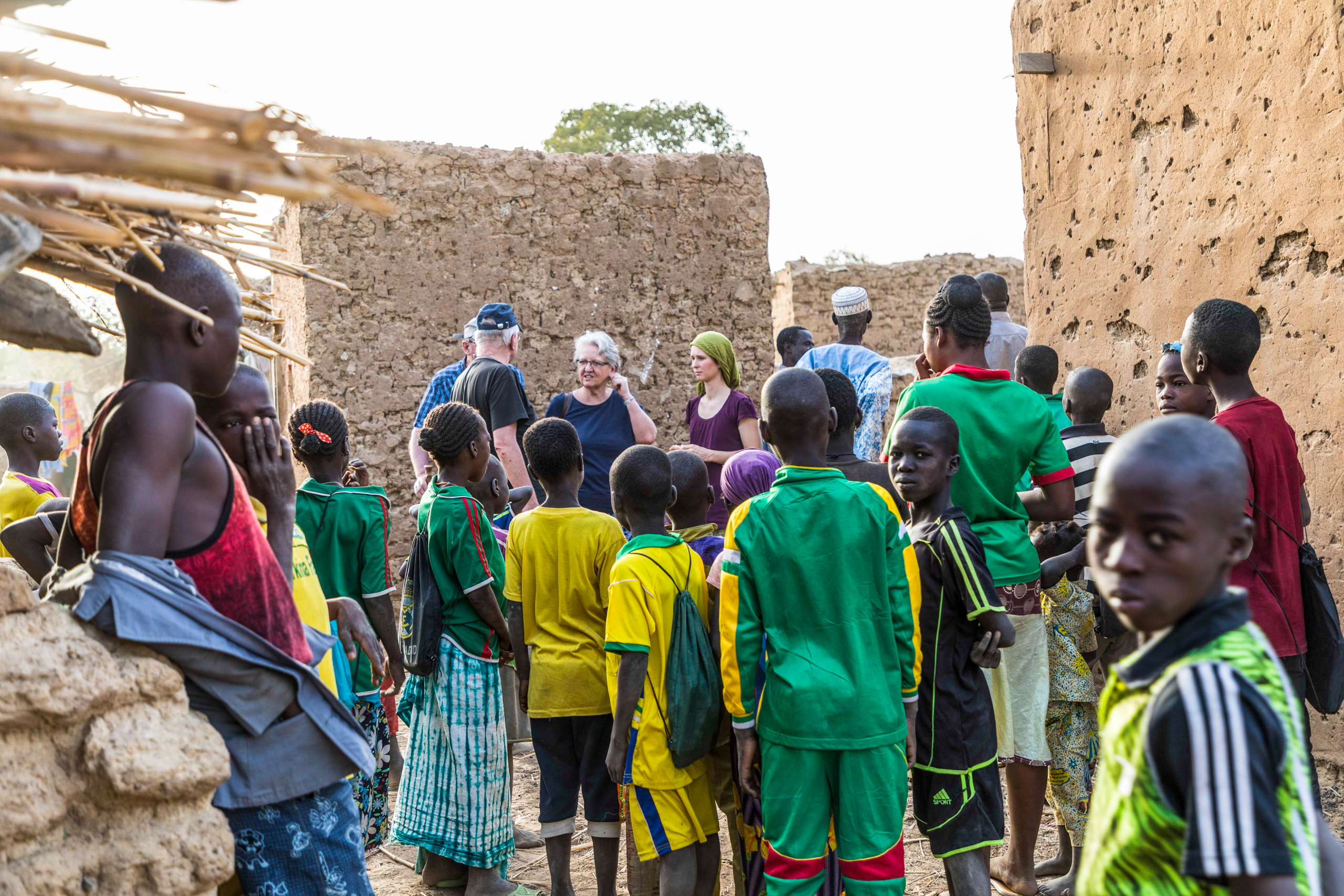
Join the conversation!